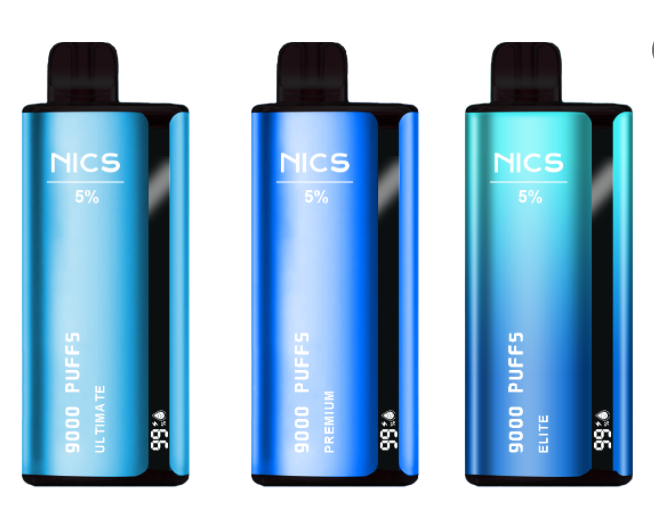Does China's New Vaping Products Tax Affect Prices in Other Countries
2022-10-28
The tax marks almost a year of upheaval for Chinese vapers and the vaping industry, during which the government assumed tight control of the Chinese domestic vaping market, imposing manufacturing standards and limiting Chinese residents’ vaping product choices.While details are sketchy, some news outlets are reporting that products manufactured for export may escape the taxes. According to Global Times, the government press release stated that an “export tax refund and exemption policy will be applicable for taxpayers exporting e-cigarettes.”
The publication went on to note that “exports can continue to enjoy the tax rebate policy,” explaining that “exports of e-cigarettes will continue to be encouraged.”If correct, that will be bad news for Chinese vapers, but good news everywhere else. China manufactures nearly all vaping hardware sold around the world. A substantial tax on exported products by Chinese manufacturers would affect prices everywhere.The agencies say the tax will “improve the consumption tax system and give better play to its role of encouraging healthy consumption,” according to the state-run Xinhua news agency.
What the tax will accomplish in reality is to help protect the state-owned cigarette industry from competition by low-risk non-combustible nicotine products. Cigarettes account for about five percent of the Chinese government’s annual tax revenue. More than 300 million of China’s 1.4 billion residents smoke cigarettes.
The tax will take effect almost a year after the vaping industry came under control of the Chinese State Tobacco Monopoly Administration (STMA). The STMA regulates every aspect of China’s massive tobacco market, including product standards, manufacturing processes, prices, distribution and licensing. It is located under the same roof as the China National Tobacco Corporation—the world’s largest cigarette manufacturer.
Once the state tobacco monopoly was given authority over the vaping market, regulators began creating rules and standards for manufacturers, wholesalers and retailers. The process has been rapid, with a large number of major new regulations put in place in the past 11 months. As of Oct. 1, vaping products sold in China could only contain tobacco-flavored e-liquid.






















































